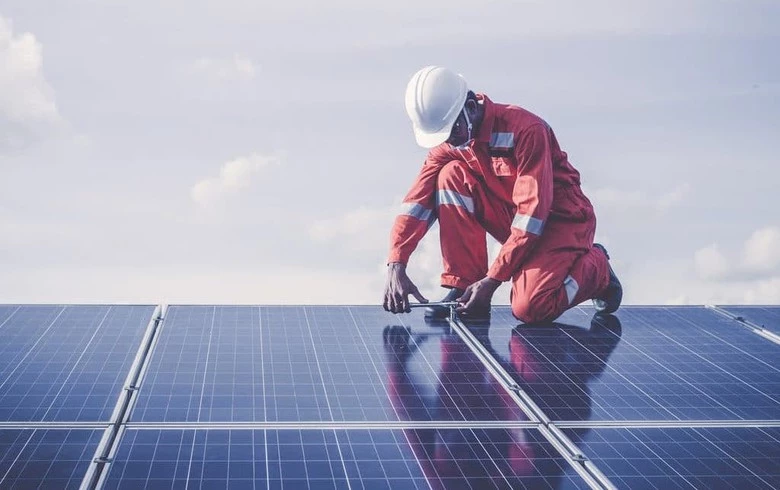In a significant move to combat energy poverty, the World Bank and the African Development Bank (AfDB) have launched the Mission 300 program, aimed at providing electricity access to at least 300 million people in Africa by 2030.
This initiative was unveiled during the 2024 Spring Meetings, responding to the alarming statistic that approximately 600 million individuals in sub-Saharan Africa currently lack reliable access to electricity.
The programme is garnering support from various development partners and is gaining traction across the continent and beyond. In West Africa, Nigeria’s Renewable Energy Scale-up (DARES) project is set to significantly impact the country’s energy landscape, benefiting over 17.5 million Nigerians by replacing 250,000 costly diesel generators.

In conjunction with the Mission 300 initiative, the Nigerian Ministry of Power has introduced a draft National Integrated Electricity Policy and Strategic Implementation Plan (NIEP-SIP). This policy aims to incorporate renewable energy solutions and enhance liquidity within the electricity sector to attract much-needed investment.
READ ALSO: FG, World Bank Team Up to Address Nigeria’s Unregistered Land Crisis
In a bid to maintain sector liquidity, the Nigerian federal government recently ended subsidies for Band A customers, who receive more than 20 hours of power daily.
This change led to an increase in tariffs to N225 per kWh in July. Despite this adjustment, the Nigerian Electricity Regulatory Commission (NERC) has reported that electricity subsidies climbed to N163.9 billion in July, N173.9 billion in August, and N181.6 billion in September.
The NERC’s September Multi-Year Tariff Order (MYTO) highlighted that supplementary orders would be issued to accommodate fluctuations in pass-through indices beyond the control of licensees.
These indices encompass factors such as inflation rates, exchange rates, available generation capacity, and gas prices, all of which influence the establishment of cost-reflective tariffs.
READ ALSO: World Bank Group and AfDB Commit to Providing Energy Access to 250 Million Africans by 2030
There is growing speculation about another potential tariff hike in the upcoming October MYTO unless there is a reduction in the costs associated with power generation. Rising prices for contracted gas supply and transportation are expected to further impact the cost of electricity, potentially exacerbating energy expenses for households and businesses alike. This could also intensify inflationary pressures and complicate the policy decisions faced by the Monetary Policy Committee.
As Mission 300 gains momentum, the implications of these developments will be closely monitored, particularly regarding their impact on energy access and economic stability across the region.




